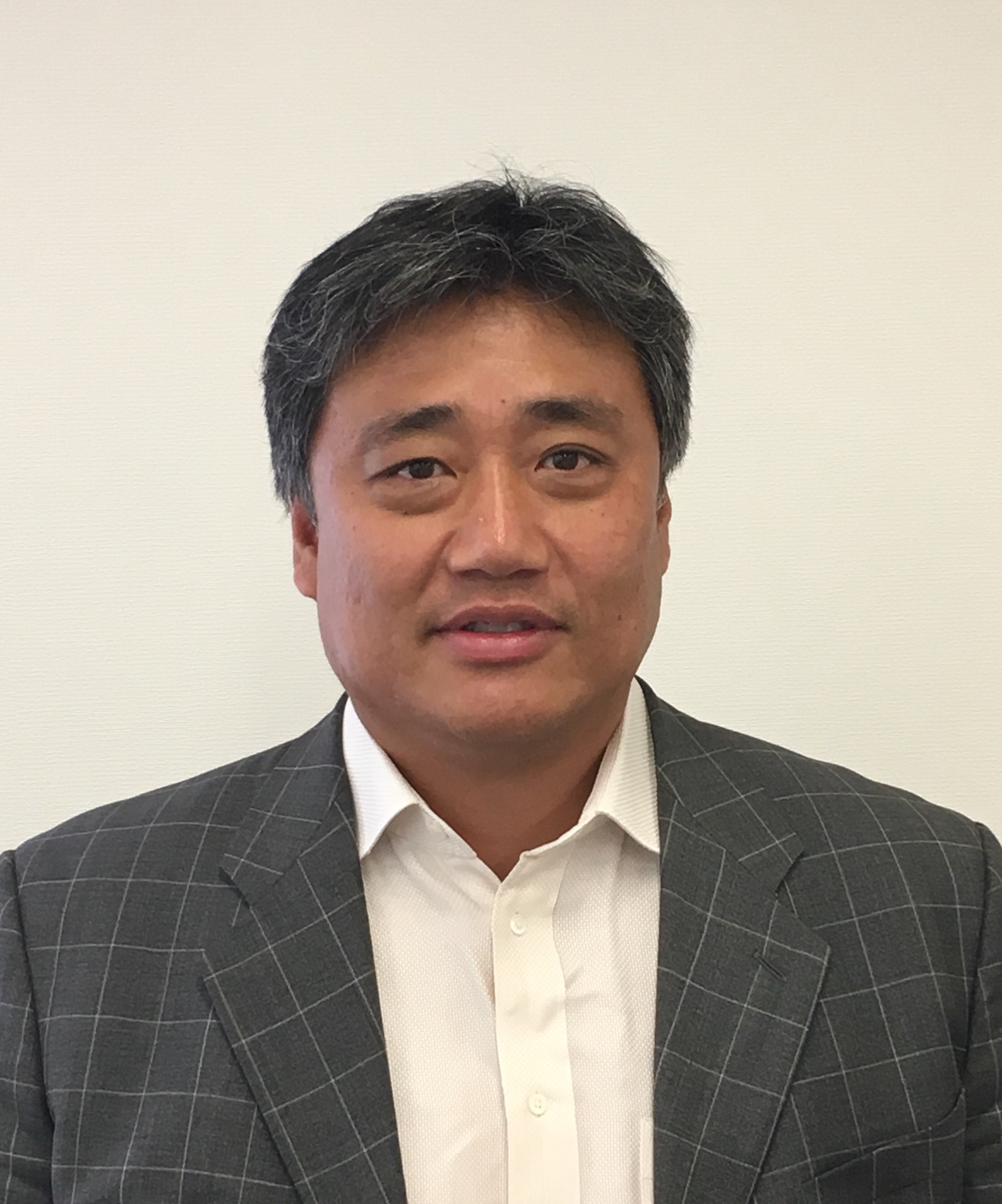25 mins ago
Date of publication: May 28, 2018
Gary Chan
- Managing Partner, Co-founder
- Sangyo Sosei Advisory Inc. www.sangyososei.com
Date of birth: April 30, 1967
Hometown: San Francisco
Number of years in Japan (cumulative): 23 (as of May 2018)

Q1: What was your first encounter with Japan?
I took part in an exchange program between the University of California school system, Berkeley and International Christian University in Tokyo in 1987. I did not speak a word of Japanese at the time, but it mattered less because as a student, I didn’t need to pay rent.
Q2: Please state your motto in life and why you have chosen it.
While not necessarily original, I do have a karmic belief that “What goes around comes around.” This means among other things, treating people as you would like to be treated, as well as the impact of one’s own actions as they relate to different concepts such as “fairness” and “luck.”
Q3 : Over your career, what achievement are you the proudest of?
In terms of the nature of the achievement, rather than its substance, I am proudest of my efforts in building and managing successful teams. This includes my work at UBS Hong Kong as head of Hong Kong/China Research and head of Asian Telecommunications Banking, as well as at UBS Japan where I was head of the Financial Sponsors Group and Telecommunications Banking. The founding of Sangyo Sosei Advisory, Japan's first technology-focused financial advisory firm, is another effort I am proud of.
Q4 : What are your goals during your time in Japan, your current position or in life?
When I turned 50, I promised myself that the next 10 years of my life and career would be my best. Knowing full well that this is easier said than done, I am committed to making this a reality by breaking out of my comfort zones and resetting objectives.
Q5 : What wisdom, advice or tips can you give to people living and working in Japan?
Much of the frustration for foreigners living in Japan is related to misguided social and business expectations. If one thinks of Japan as culturally and economically more similar to Western Europe (in particular France and Germany, respectively) rather than the U.S. or Asia, the overall experience starts to make more sense.
Last updated: May 28, 2018

















With your current subscription plan you can comment on stories. However, before writing your first comment, please create a display name in the Profile section of your subscriber account page.